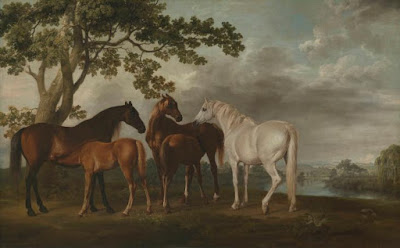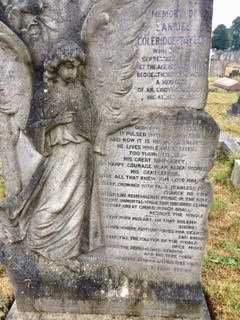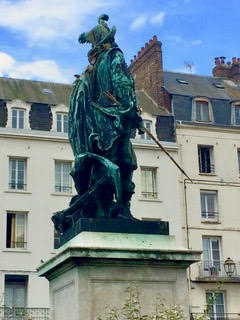Why should I let the toad work
Squat on my life?
Can't I use my wit as a pitchfork
And drive the brute off?
Six days of the week it soils
With its sickening poison –
Just for paying a few bills!
That's out of proportion.
Lots of folk live on their wits:
Lecturers, lispers,
Losels, loblolly-men, louts –
They don't end as paupers;
Lots of folk live up lanes
With fires in a bucket,
Eat windfalls and tinned sardines –
they seem to like it.
Their nippers have got bare feet,
Their unspeakable wives
Are skinny as whippets – and yet
No one actually starves.
Ah, were I courageous enough
To shout Stuff your pension!
But I know, all too well, that's the stuff
That dreams are made on:
For something sufficiently toad-like
Squats in me, too;
Its hunkers are heavy as hard luck,
And cold as snow,
And will never allow me to blarney
My way of getting
The fame and the girl and the money
All at one sitting.
I don't say, one bodies the other
One's spiritual truth;
But I do say it's hard to lose either,
When you have both.
Fynn is about to attempt to cure the wife of an uncle of Shaka's:
'Fynn's prior experience of medicine was as a loblolly boy – a surgeon's attendant – at Christ's Hospital, "when I obtained the smallest particle of knowledge of medicine" [as he writes in his diary].'
He was a resourceful fellow, though, and had read the Hippocratic oath. He effected a cure, and thereby got himself quite a reputation as a healer. 'Lots of folks live on their wits...'










